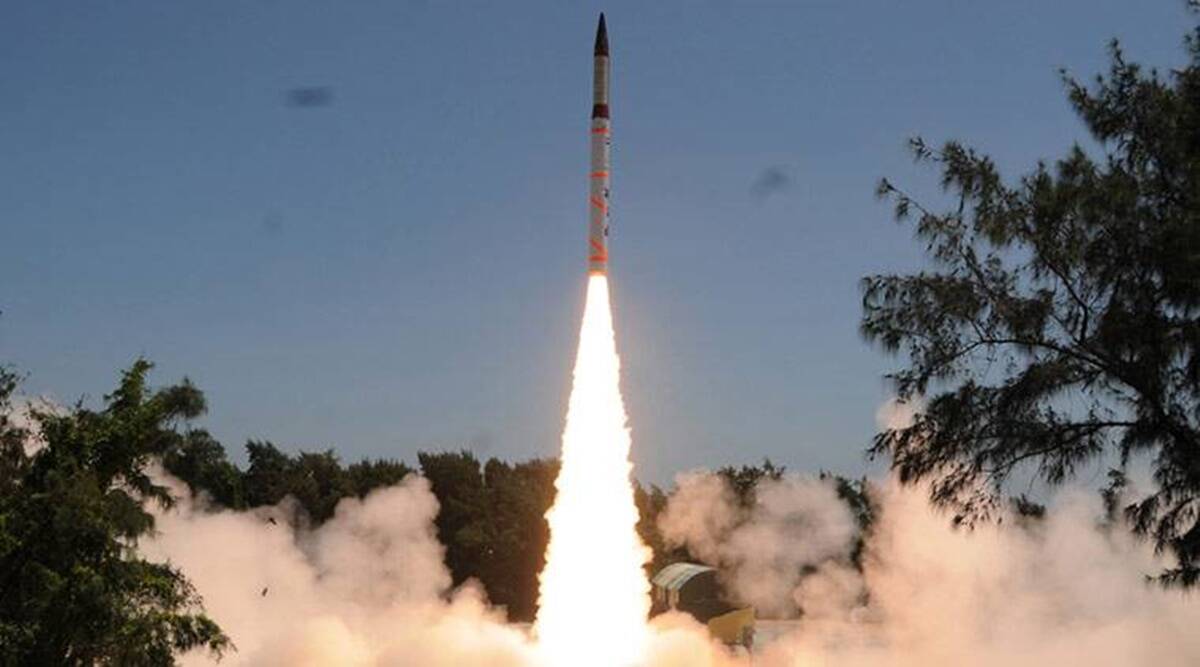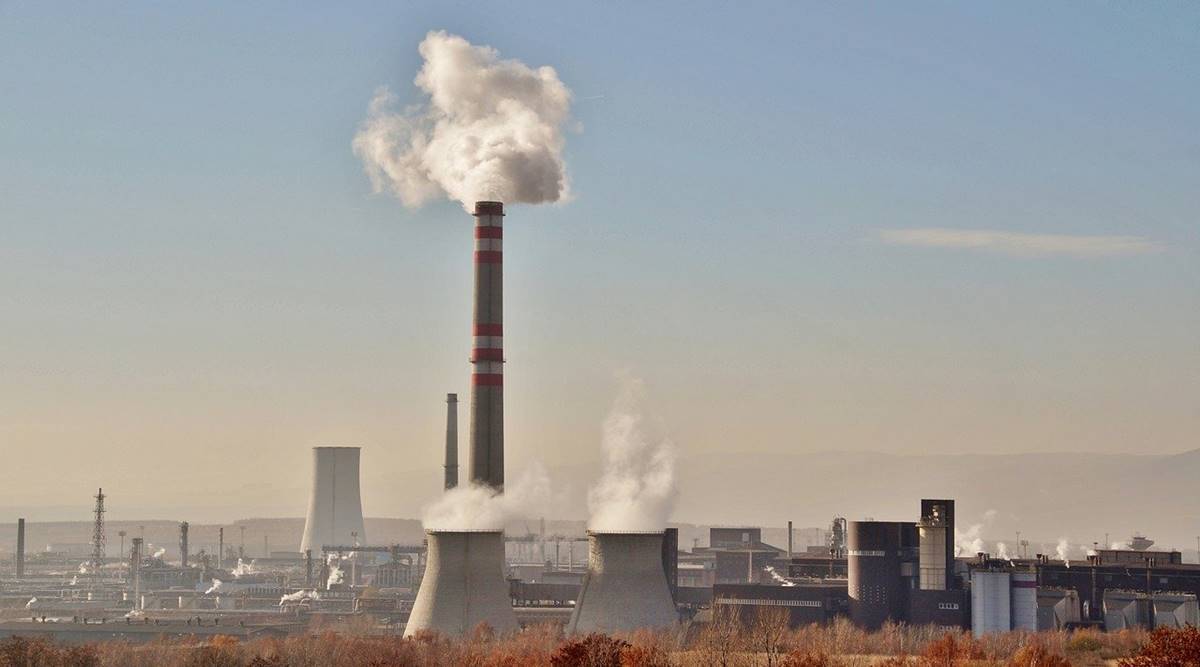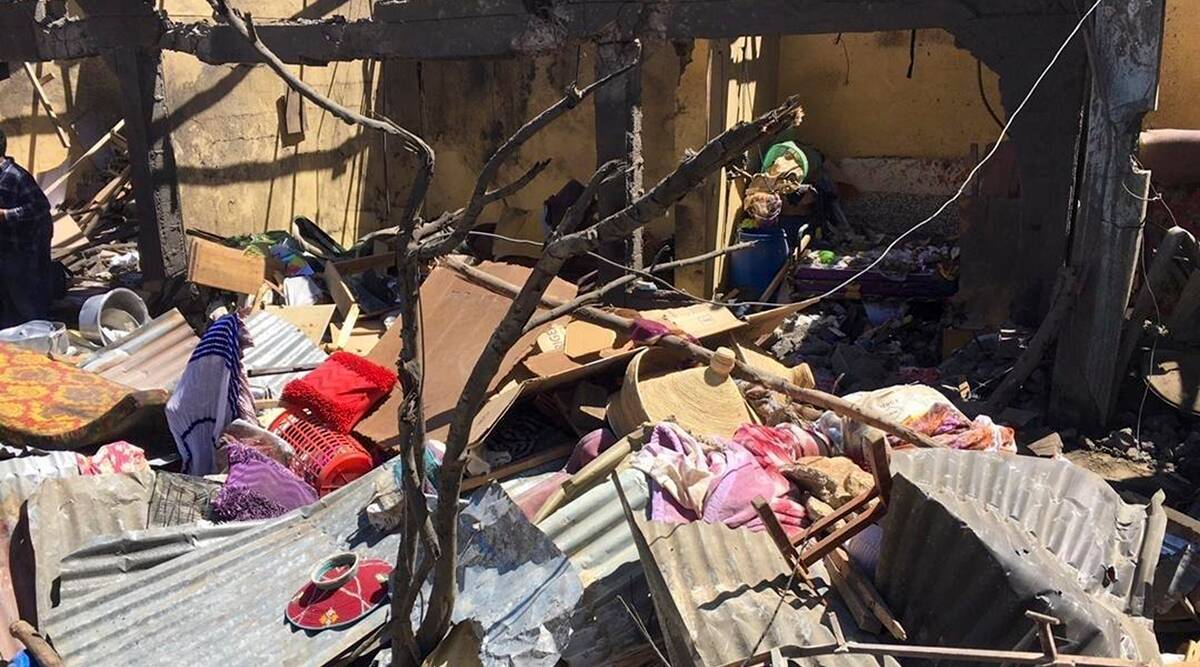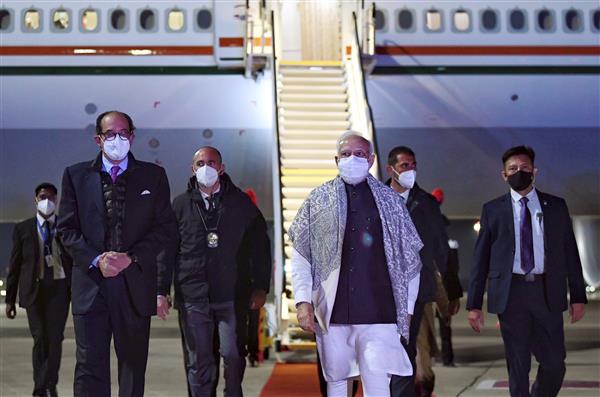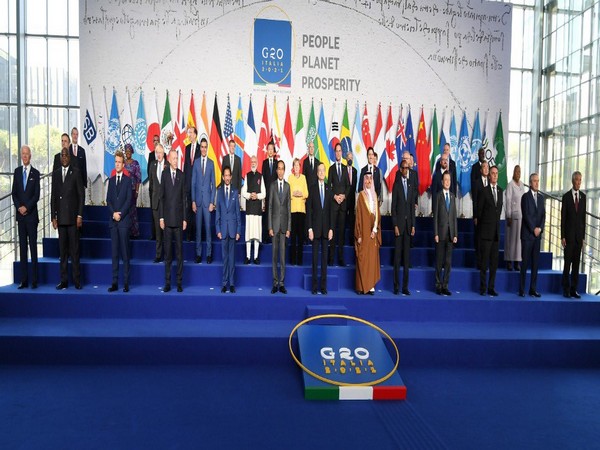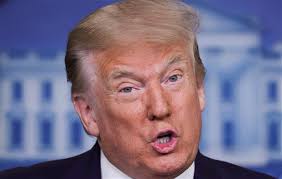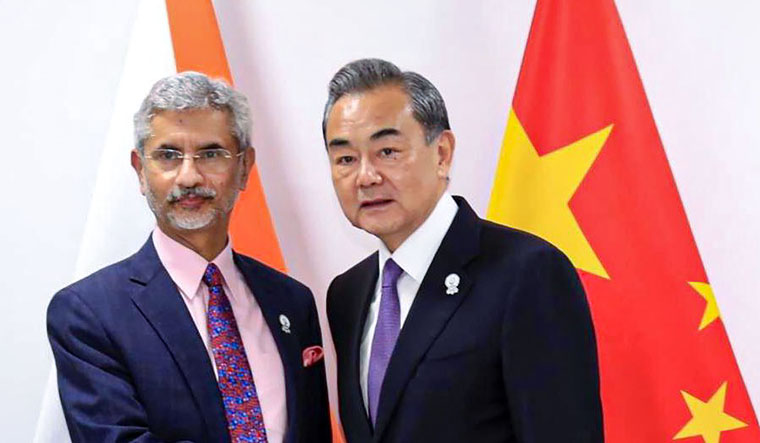
08/21/2025
New Delhi, Aug. 21: On August 18, 2025, at the request of Indian National Security Advisor Ajit Doval, Chinese Foreign Minister Wang Yi visited India. He was received by indian Prime Minister Narendra Modi, and had extensive discussions with External Affairs Minister S Jaishankar and NSA Doval.
At the outset, it is appreciable that high-level political dialogue between the two sides is underway after a long pause of four years. And yet, the conclusions from the meeting have brought to light just how structural the differences are in India and China’s approaches to resolving their tensions. Specifically, three narrative and policy implications are evident from the statements and readouts of the meeting, as well as post-meeting developments, that shed light on the faultlines.
The first, is the distinction between which “mutuals” each side wishes to focus on. As evident from the press release of the Chinese Ministry of Foreign Affairs, Wang Yi focused on cultivating “mutual respect and trust” between the two sides. Broadly, from Beijing’s view, both the mutuals actually align with its own interest and agenda — mutual respect would translate to respect for its sensitivities, and mutual trust would require that New Delhi wholeheartedly place its trust in China.
From the transcript of Jaishankar’s opening remarks, it is evident that while India echoed the focus on mutual respect, its other preferred “mutuals” pertain to sensitivity and interest. New Delhi demands that Beijing be sensitive to India’s national interest and strategic autonomy (which often involve closer ties with the US), constraints, and regional power — a parity the latter simply cannot confer upon India. Though Wang did refer to both India and China as major powers, in the past, and at a global scale, Beijing’s narrative on India has not reflected these admirable sentiments.
Secondly, there seem to be no concessions on what matters to each side. Both sides are holding on to important leverage points even as they demonstrate willingness to negotiate.
For starters, there is no mention in the Chinese readout of the meeting, of supporting India in fighting terror groups and cross-border terrorism in general. On the other hand, it is evident from both the transcript of Jaishankar’s remarks and India’s press release, that the issue of terrorism was raised quite vocally, and that Wang Yi “concurred” that countering terrorism was a priority. The dissonance goes further. China is cognisant of the fact that for India, the primary challenge vis-à-vis countering terrorism is the Pakistani state. And yet, Wang nonetheless proceeded for a joint strategic dialogue with Pakistan’s foreign minister, Ishaq Dar, a mere day after meeting with Jaishankar. It is understandable that the Dar-Wang meeting may have been scheduled in advance. But its announcement on the same day as Wang’s India visit concluded, and the agenda itself — strengthening the China-Pakistan “all-weather” partnership — sends all the wrong messages to New Delhi.
Further, there was intense speculation surrounding whether China’s export restrictions on rare earth magnets came up at the meeting, even though neither side’s press releases focused on anything further than “trade issues.” But when Indian media began citing sources confirming that there are concessions made on fertilisers, rare earths, and tunnel boring machines, Chinese foreign ministry spokesperson Mao Ning took to the mic and clarified that she is not aware of such reports, and only confirmed that “dialogue on export restrictions” is underway.
India undertook a similar manoeuvre with the Taiwan issue. The Chinese press release stated in firm terms that Jaishankar said, “Taiwan is a part of China.” Because the Indian press statement was not out at the time of the release by Beijing, the rumour mill was already churned, even though there was no mention of Taiwan in Jaishankar’s remarks. To assuage the speculation, the Indian press release later clarified that India’s statement was not that, but rather a more nuanced one in response to Wang bringing up the issue of Taiwan. New Delhi argued that its policy on Taiwan is unchanged, and that it will continue to maintain economic, cultural, and technological ties with Taiwan like the rest of the world. There was no mention of India’s “One China policy”, which is a continued irritant for the Chinese since it stopped being mentioned in official communication from New Delhi in 2008.
Third, and finally, there is a faultline in the trajectory both sides envision for normalisation. The Indian side specified that it looked forward to de-escalation and delimitation of the boundary, while the Chinese side’s emphasis was on maintaining the “peace and tranquility” that exists in their imagination. They also did not mention the progress of the Special Representative talks, which is vital from New Delhi’s perspective to settle the boundary question. Clearly, Beijing sees merit in keeping the pressure on, and the way for it to do that is to maintain some instability on the border issue. For India, stability on that front remains non-negotiable.
Another non-negotiable is India’s relationship with the US. The lack of mutual trust with China, the hindrances in enhanced ties with Russia, and the mutual benefit in ties with the US all mean that New Delhi will want a way out of the current tensions with Washington. For China, this endeavour amounts to “interference” in regional affairs, something Wang asked Jaishankar to “eliminate,” as per China’s press release. China’s view of the world continues to be tinted with the hues of its competition with the US, and India comes across to Beijing as a pawn in the West’s games.
The quandary for India to deal with going forward, would be to manage its ties with China and the US if the two enter a state of managed competition (not a “G-2” but at least, stable ties). In that regard, attempting to thaw relations with both sides is a must. Still, the power imbalance must further be offset through enhanced partnerships with middle economies, and through domestic investment and reform.-Agencies
